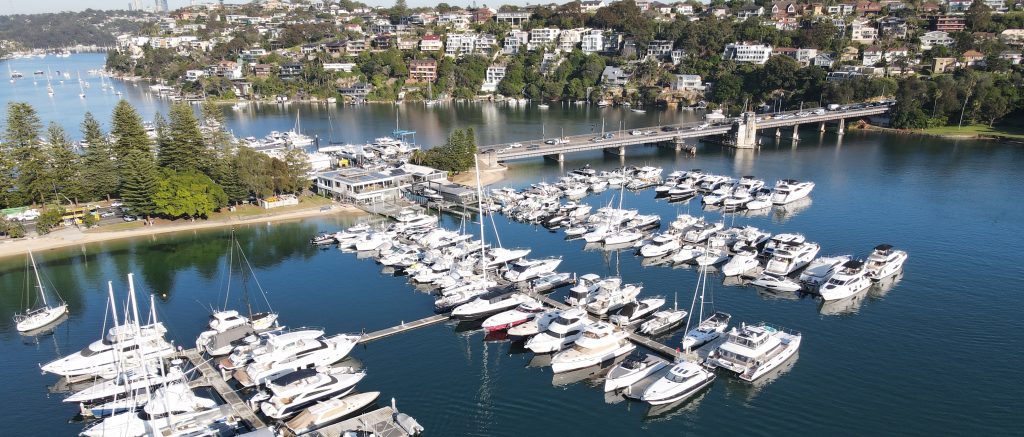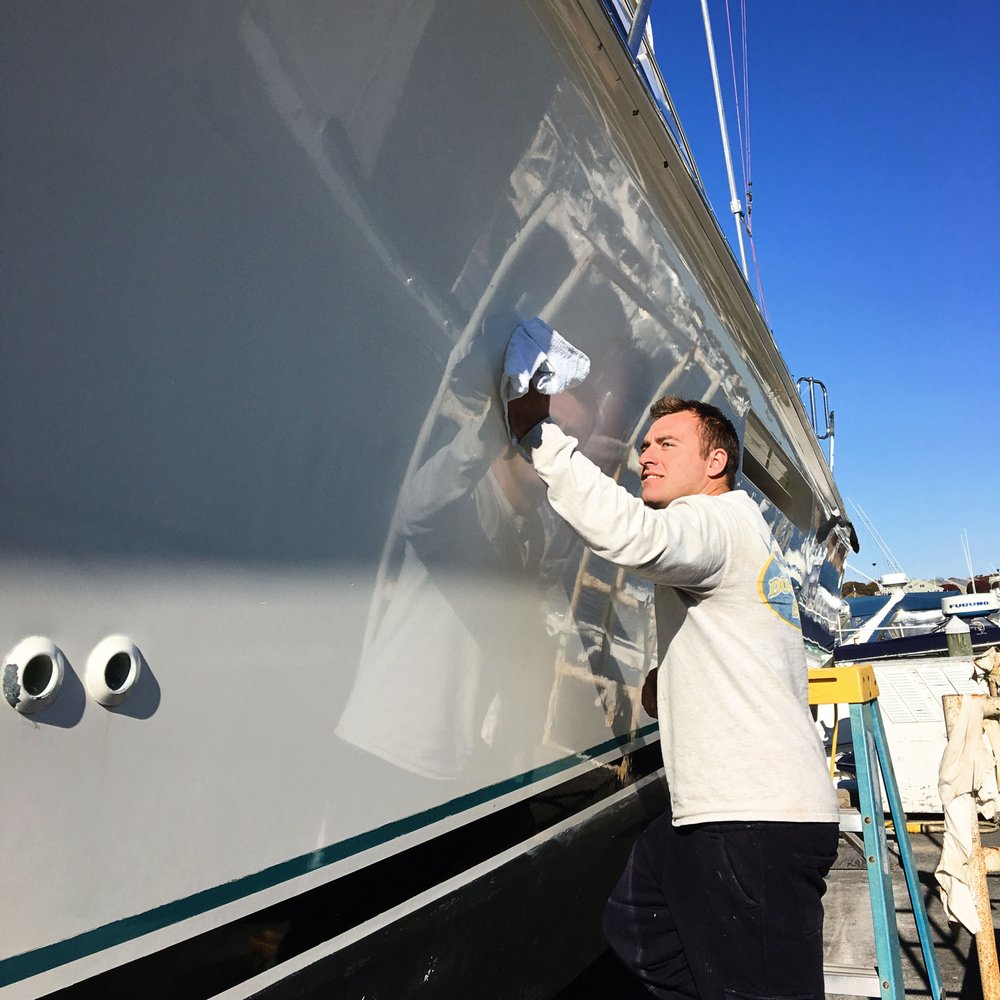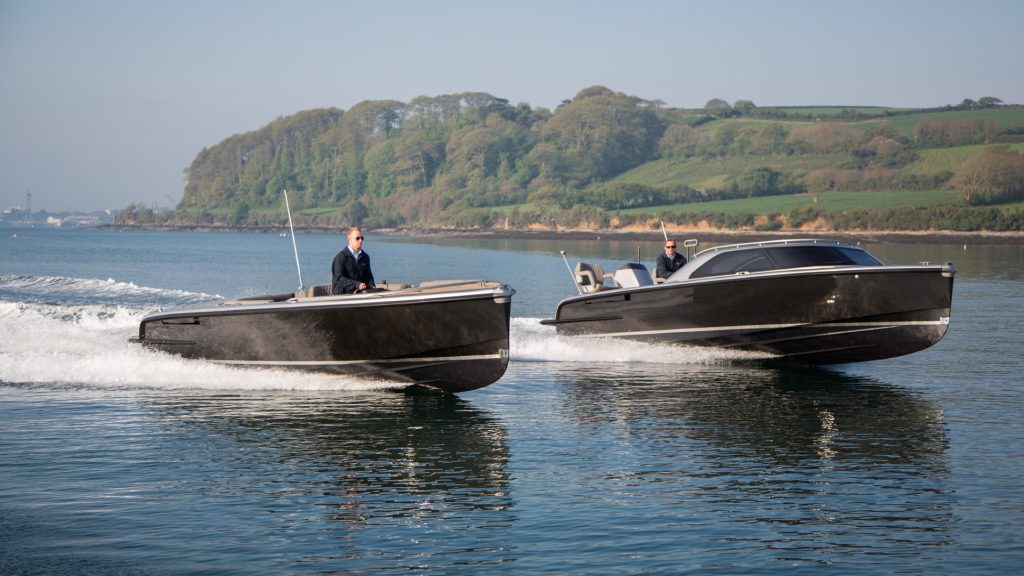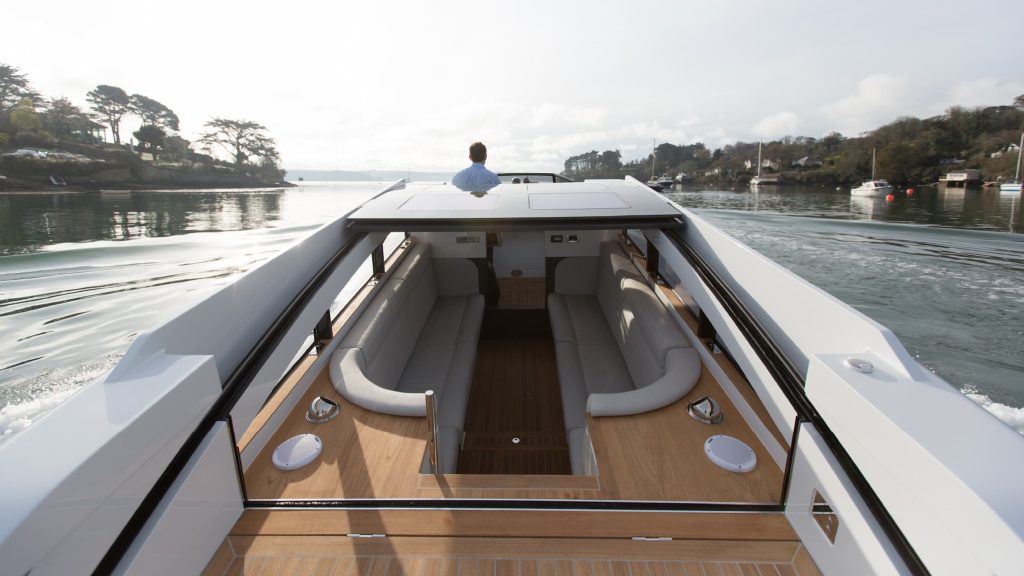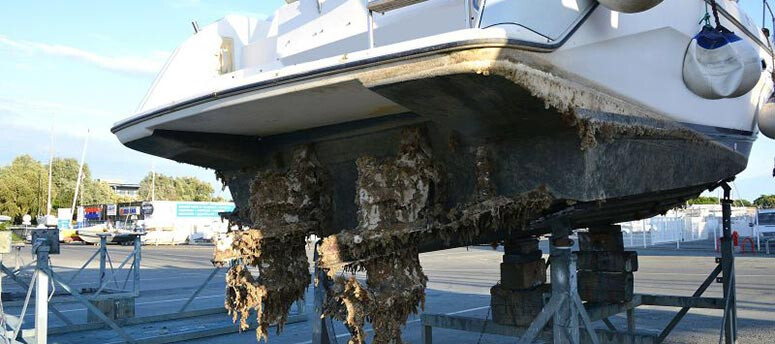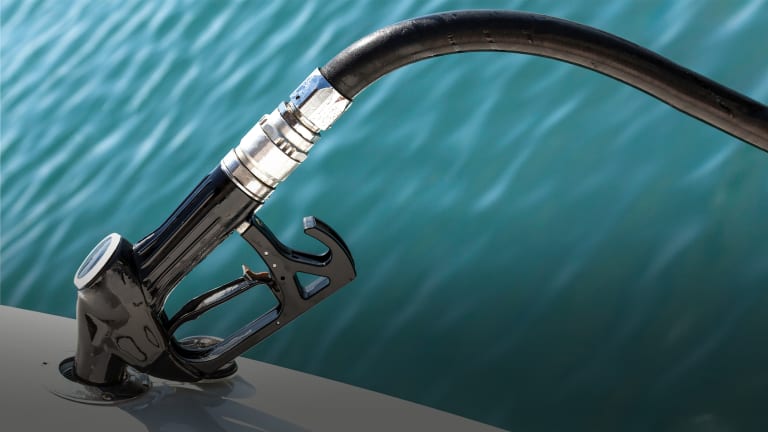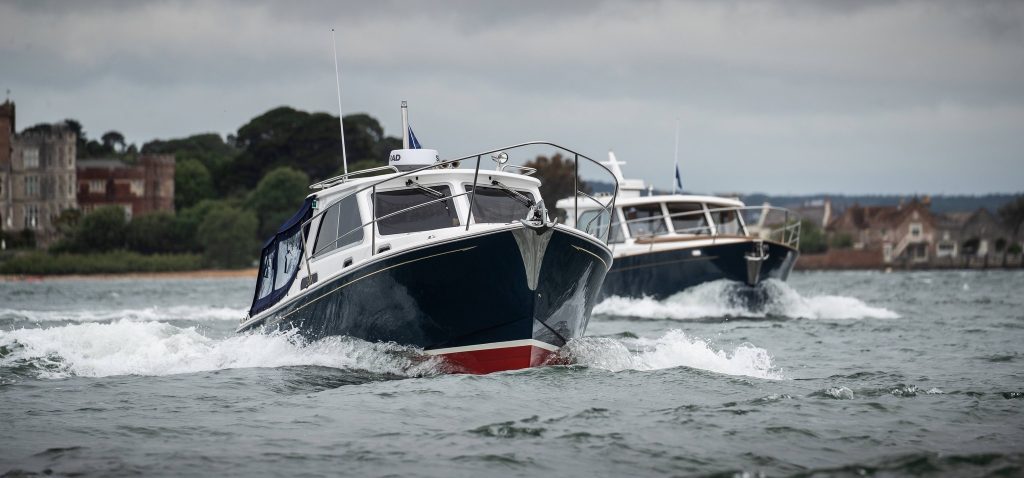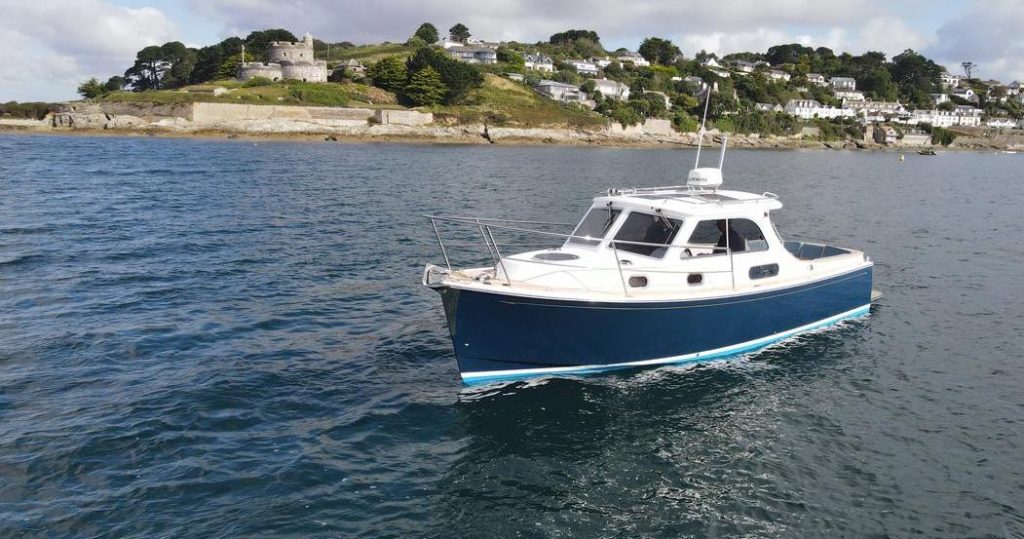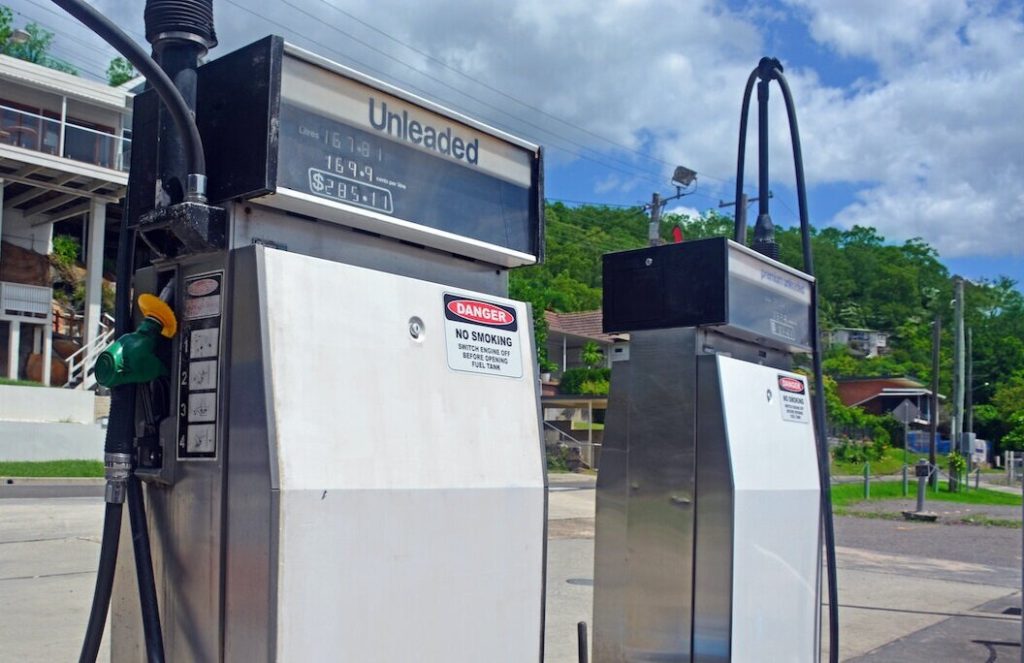Owning a boat can be an absolute joy, but finding the perfect storage for boats can be a real headache. Whether you’ve got a small fishing boat or a larger yacht, you’ve got to figure out where to keep it when it’s not in use. Do you stick with the marina? Haul it back home? Or look into a dedicated storage facility? In this article, we’ll dive into the pros and cons of each option, so you can make the best choice for your boat and your budget. No more worrying about that pesky marine growth – let’s get your vessel squared away and ready to hit the water at a moment’s notice.
The importance of boat storage
Boats are a big investment, and it’s crucial to take care of them properly. Exposure to the elements like sun, wind, and rain can really do a number on your vessel over time – the hull, the deck, all of it can start to deteriorate if you don’t protect it. Plus, leaving your boat unsecured puts it at risk of damage or even theft. Whether you’ve got a little fishing boat or a big fancy yacht, proper storage is an absolute must. If you neglect that, your boat’s value can start dropping fast. For some handy boat maintenance tips, check out our article about “How to Maintain a Boat.”
Marina Boat Storage
Wet Boat Storage
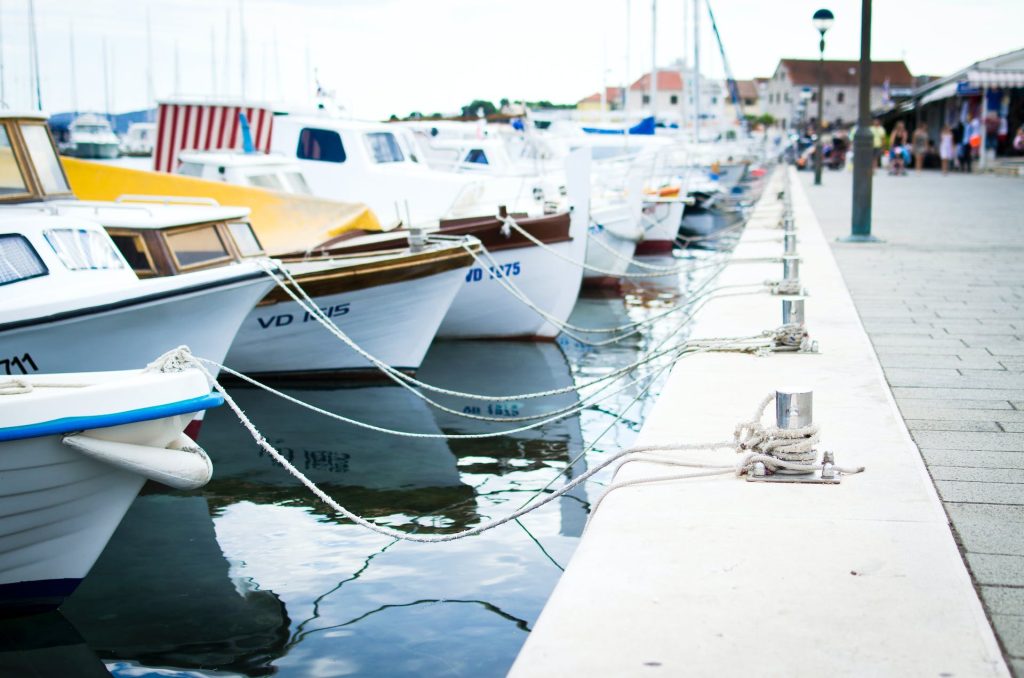
Wet boat storage, also known as in-water or wet slip storage, involves keeping your vessel docked at a marina. This convenient option allows you to easily depart whenever needed and is typically used for larger boats that are too big to be stored in dry facilities. However, the constant exposure to sun, salt, wind, and rain can wear down your boat’s protective finishes and metal components, leading to ongoing maintenance problems. Additionally, your boat will have no protection from severe storms. If you’re thinking about this option, be sure to explore “The Ultimate Guide to Buying Sydney Marina Berths” for valuable insights and tips.
Dry Boat Storage
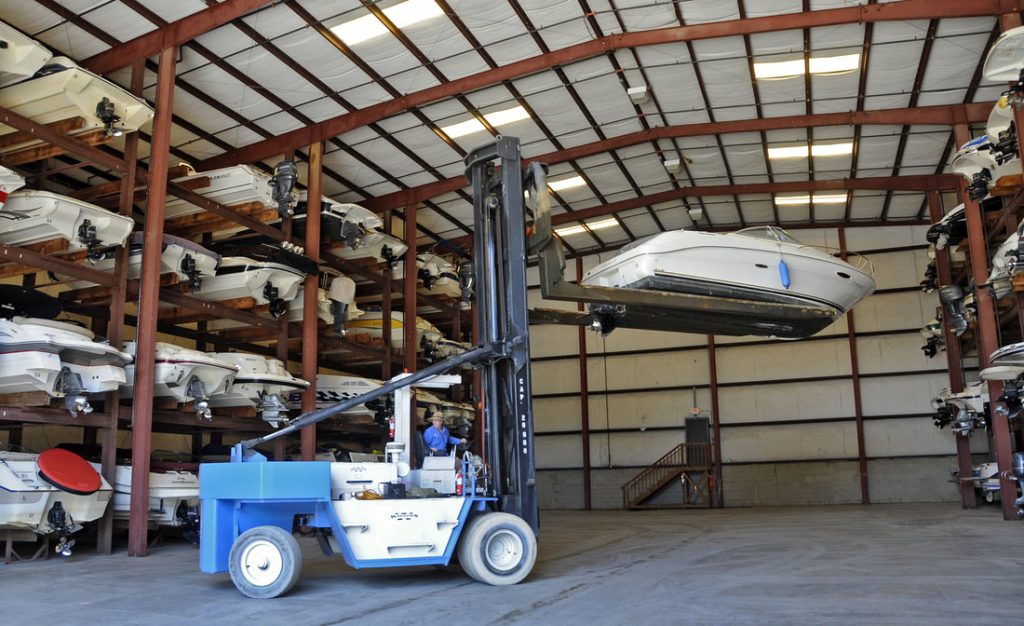
Dry boat storage, also known as indoor or dry stack storage, involves storing your boat on land in a covered facility. Boats are typically stacked on racks, providing protection from the elements. This storage type is well-suited for smaller vessels, and staff typically assist with launching and retrieving. However, dry storage can be more costly compared to wet storage. There may also be limited availability, requiring advanced reservations and potentially restricting access on short notice.
Swing Mooring
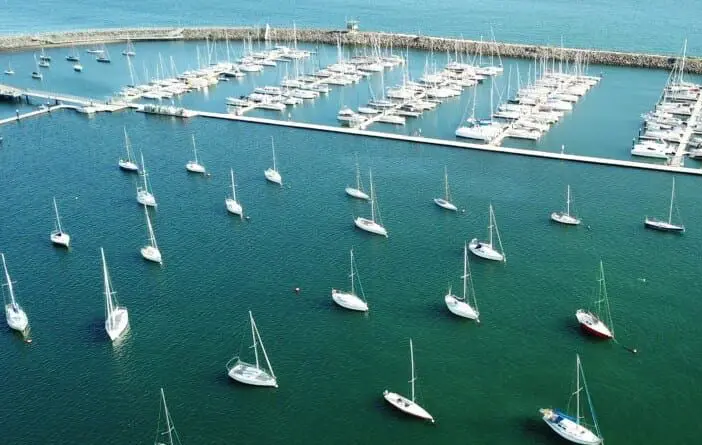
Swing mooring is another option that involves anchoring your boat at a designated spot in a body of water, allowing it to swing freely with the tide and wind. This option is usually more affordable than marina slips and can provide a quieter, less crowded environment. However, swing moorings offer less protection from the elements, and you may need a dinghy to reach your boat. Additionally, maintenance can be more challenging since your boat is constantly exposed to the water and weather conditions.
Home Boat Storage
Driveway
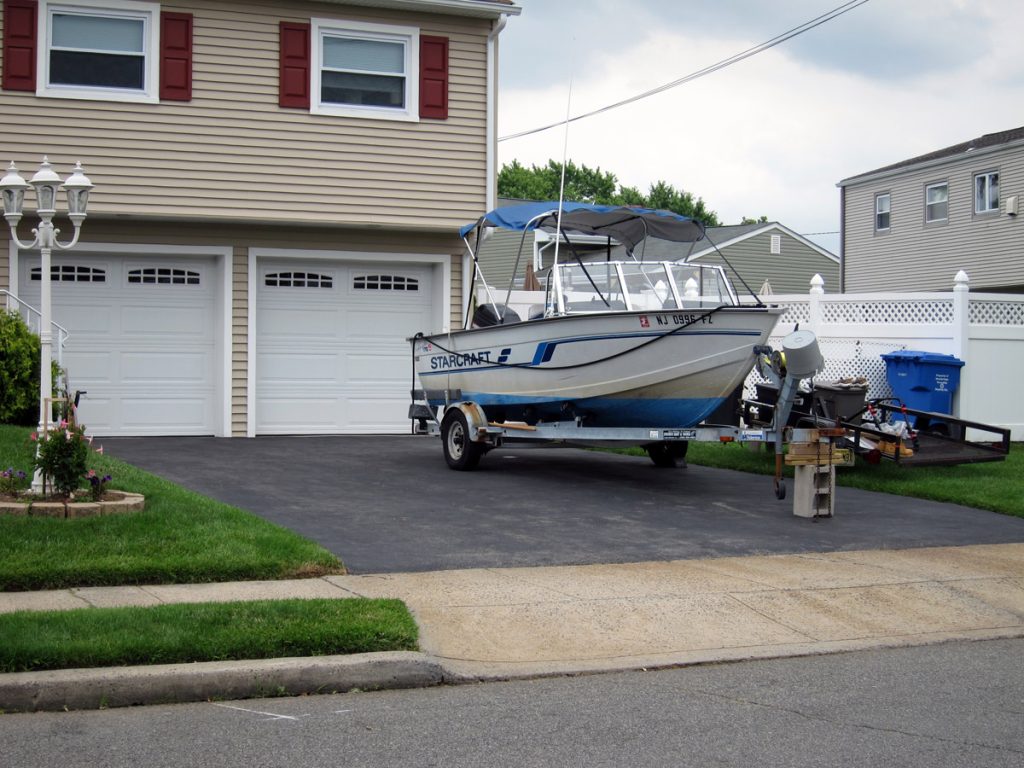
Leaving your boat sitting out on the driveway and on a trailer makes it a prime target for thieves – it’s just sitting there, asking to get swiped. And the constant exposure to the elements, from harsh weather to relentless UV rays, can cause serious damage to the boat over time. Plus, it can be a bit of an eyesore and might even upset or bother the neighbours.
Garage
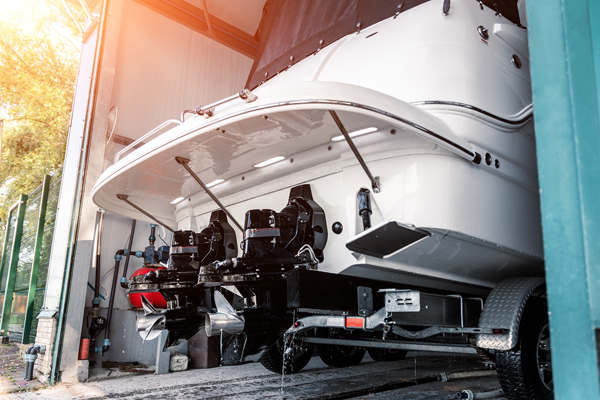
The big attraction of storing your boat at home is that it’s free. But compared to parking your boat on the driveway, garage storage is hands down the better option. It stays safe and sound, protected from the elements and any thieves. The problem is, not everyone has the room in the garage to stash a boat. And if you do, it’s gonna eat up so much space that getting to your everyday stuff becomes a real pain.
How to Choose the Right Marina for boat storage?
When you’re choosing a marina for your boat, there are a few things to keep in mind:
- Size of Your Boat: First off, you gotta make sure the marina can handle your boat’s size—don’t want to squeeze into a spot that’s too tight!
- Location and Exposure to Weather: Check where it’s at. Is it tucked away from strong winds and big waves, or is it right out in the open? Weather can really make a difference.
- Your Budget – Rent or Buy?: Think about what works best for your wallet. Renting a spot might be easier short-term, but buying could save you some bucks in the long run. Check out Sydney Marina Berths for a list of options.
- Safety & Security: Your boat’s gotta be safe! Look for a marina with good security—gates, cameras, maybe even a watchful eye or two.
- Facilities: Beyond just parking, see what else they offer. Easy access to fuel pumps, and clean bathrooms make life way easier when you’re out on the water.
- Competency of Staff: Friendly, helpful staff make a big difference. They should know their stuff and be there to lend a hand when you need it.
Choosing the right boat storage option
Choosing between keeping your boat in wet or dry storage is no simple decision. It all comes down to what suits your preferences, budget, and practical needs best.
If you value convenience above all else, splurging on a pricey wet slip at a marina might be the ticket. On the other hand, for those mindful of costs, storing your boat at home could be a tempting gamble.
However, for many boaters, the ideal compromise lies in a top-notch marina facility strategically located. With easy access to pristine waterways, top-tier security, round-the-clock availability, and shelter from the elements—all for a reasonable monthly fee.
If you’re considering renting a berth on Sydney Harbour, we at Davis Marine Brokerage, are here to help. Give us a call today to find the perfect spot for your boat.
